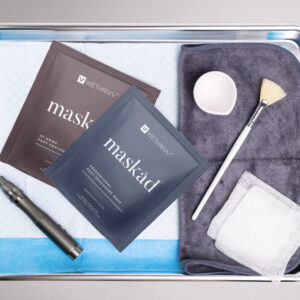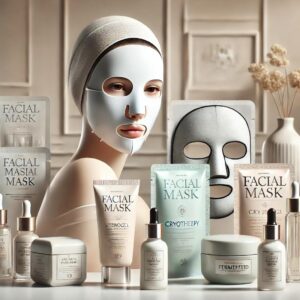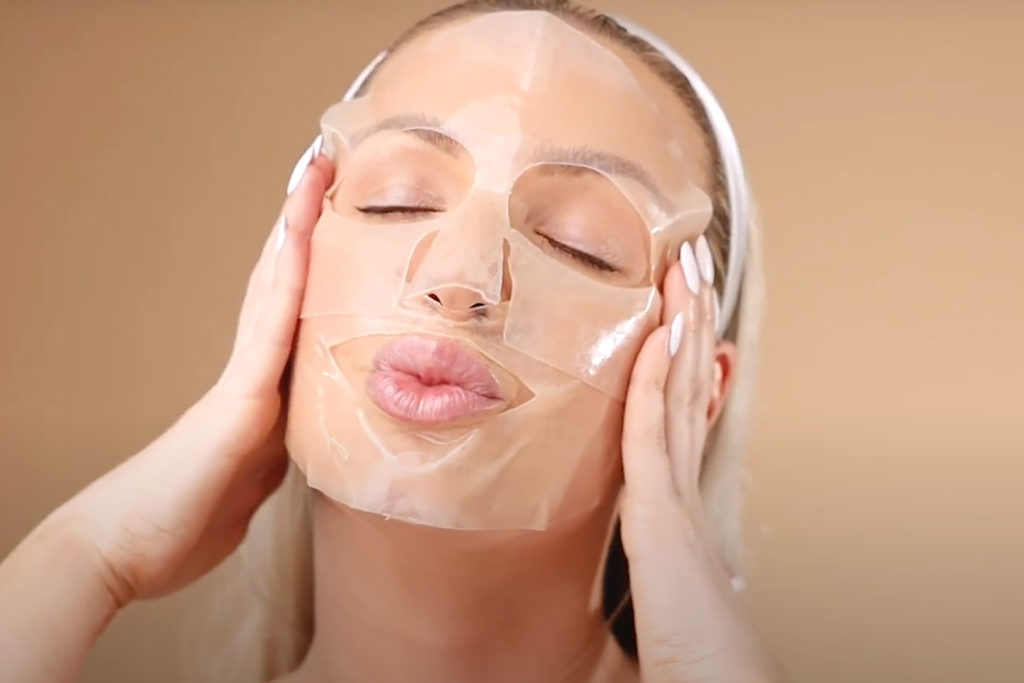
Achieving Smooth and Radiant Skin Texture: A Comprehensive Guide Introduction
Welcome to our comprehensive guide on achieving smooth and radiant skin texture. AtMaskād®, we are dedicated to helping you achieve your skin goals with effective and proven techniques. In this article, we will delve into the factors affecting skin texture, common skin concerns, and provide you with expert tips to attain a flawless complexion.
Understanding Skin Texture
Skin texture refers to the overall appearance and feel of your skin’s surface. A smooth and even texture is a sign of healthy skin, while rough or uneven texture may indicate underlying issues. Several factors contribute to skin texture, including genetics, environmental factors, and skincare habits.
Common Skin Concerns Affecting Texture
- Fine Lines and Wrinkles
Fine lines and wrinkles are among the most common concerns related to skin texture. As we age, our skin’s natural collagen production decreases, leading to the formation of fine lines and wrinkles. Environmental factors like sun exposure and smoking can exacerbate these signs of aging.
- Acne Scars and Blemishes
Acne breakouts can leave behind scars and blemishes, affecting the smoothness of the skin. Proper skincare and treatments can help minimize the appearance of acne scars, promoting a more refined texture.
- Uneven Skin Tone
Uneven skin tone, often caused by sun damage or post-inflammatory hyperpigmentation, can contribute to an irregular skin texture. Addressing these issues with targeted treatments can lead to a more uniform complexion.
Expert Tips for a Smooth Skin Texture
- Hydration is Key
Keeping your skin well-hydrated is essential for maintaining a smooth texture. Drink plenty of water and use moisturizers enriched with hyaluronic acid to lock in moisture.
- Daily Sun Protection
Sun protection is vital in preventing premature aging and maintaining smooth skin. Use a broad-spectrum sunscreen with SPF 30 or higher, and don’t forget to reapply throughout the day.
- Incorporate Exfoliation
Regular exfoliation helps remove dead skin cells, promoting cell turnover and a smoother complexion. Choose gentle exfoliants with alpha hydroxy acids (AHAs) or beta hydroxy acids (BHAs) to avoid irritation.
- Topical Retinoids
Retinoids are powerhouse ingredients known for their ability to improve skin texture. They stimulate collagen production and reduce the appearance of fine lines and wrinkles.
- Seek Professional Treatments
Consider professional treatments such as microdermabrasion, chemical peels, or laser resurfacing to address specific texture concerns. These treatments can yield remarkable results when performed by experienced dermatologists or estheticians.
A Healthy Diet for Smooth Skin
Maintaining a balanced diet plays a crucial role in achieving smooth and radiant skin texture. Here are some skin-friendly foods to include in your diet:
– Fatty Fish
Fatty fish like salmon and mackerel are rich in omega-3 fatty acids, which help maintain skin health and hydration.
– Colorful Fruits and Vegetables
Colorful fruits and vegetables contain antioxidants that combat free radicals and promote collagen production.
– Nuts and Seeds
Nuts and seeds provide essential vitamins and minerals, contributing to skin repair and renewal.
– Green Tea
Green tea is packed with polyphenols that have anti-inflammatory properties, benefiting overall skin health.
Conclusion
Achieving smooth and radiant skin texture requires a holistic approach that combines a consistent skincare routine, proper hydration, and a healthy lifestyle. By following our expert tips and incorporating targeted treatments, you can take significant steps toward attaining the flawless complexion you desire. Remember that consistency and patience are key, and consulting with a skincare professional can further optimize your results. AtMaskād®, we are committed to helping you achieve your skin goals and look forward to assisting you on your journey to beautiful skin texture.
(Please note that the information provided in this article is for educational purposes only and should not be considered medical advice. If you have specific skin concerns, it is essential to consult with a qualified dermatologist or skincare professional.)





